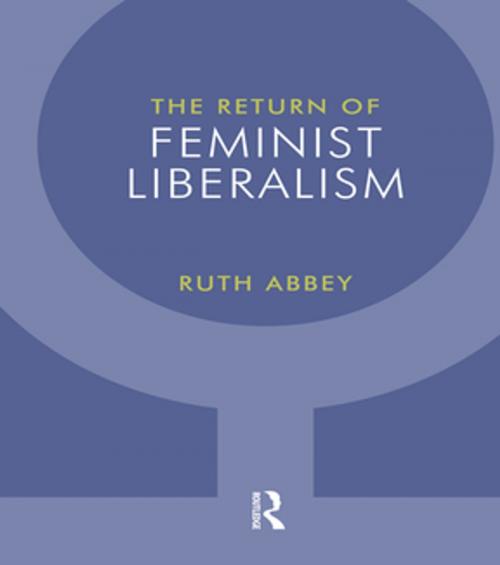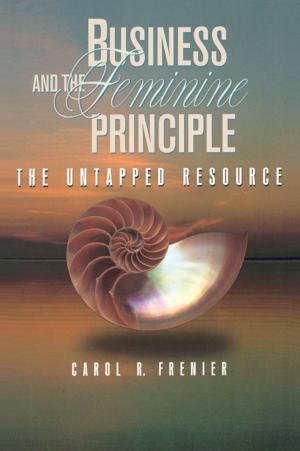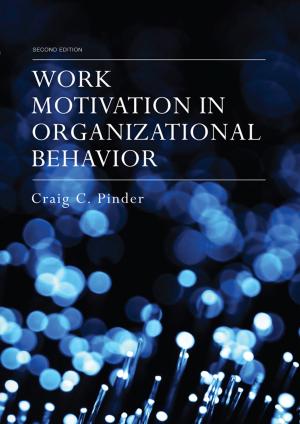| Author: | Ruth Abbey | ISBN: | 9781317547945 |
| Publisher: | Taylor and Francis | Publication: | October 14, 2014 |
| Imprint: | Routledge | Language: | English |
| Author: | Ruth Abbey |
| ISBN: | 9781317547945 |
| Publisher: | Taylor and Francis |
| Publication: | October 14, 2014 |
| Imprint: | Routledge |
| Language: | English |
While it is uncontroversial to point to the liberal roots of feminism, a major issue in English-language feminist political thought over the last few decades has been whether feminism's association with liberalism should be relegated to the past. Can liberalism continue to serve feminist purposes? This book examines the positions of three contemporary feminists - Martha Nussbaum, Susan Moller Okin and Jean Hampton - who, notwithstanding decades of feminist critique, are unwilling to give up on liberalism. This book examines why, and in what ways, each of these theorists believes that liberalism offers the normative and political resources for the improvement of women's situations. It also brings out and tries to explain and evaluate the differences among them, notwithstanding their shared allegiance to liberalism. In so doing, the books goes to the heart of recent debates in feminist and political theory.
While it is uncontroversial to point to the liberal roots of feminism, a major issue in English-language feminist political thought over the last few decades has been whether feminism's association with liberalism should be relegated to the past. Can liberalism continue to serve feminist purposes? This book examines the positions of three contemporary feminists - Martha Nussbaum, Susan Moller Okin and Jean Hampton - who, notwithstanding decades of feminist critique, are unwilling to give up on liberalism. This book examines why, and in what ways, each of these theorists believes that liberalism offers the normative and political resources for the improvement of women's situations. It also brings out and tries to explain and evaluate the differences among them, notwithstanding their shared allegiance to liberalism. In so doing, the books goes to the heart of recent debates in feminist and political theory.















